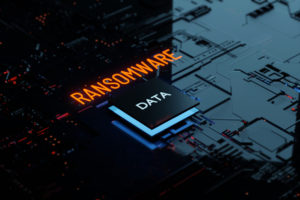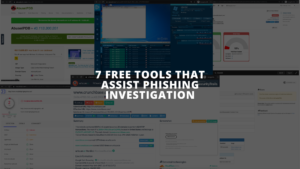
Investigation and Response for Unemployment Benefit Fraud Alerts
Among the many new challenges that the COVID-19 pandemic has brought to security analysts, a recent and very serious one is unemployment benefits fraud. Criminals

Among the many new challenges that the COVID-19 pandemic has brought to security analysts, a recent and very serious one is unemployment benefits fraud. Criminals

Kaseya VSA is commonly used solutions by managed service providers to manage their clients which usually are SMB customers. On 7/2/2021, ~12 PM EST, an

Every security alert comes with a risk score. Unfortunately, your vendors each have their own risk score scale. If you use Elastic SIEM, the risk

When we speak with security teams, we are often asked how DTonomy is different. Here are the questions we hear most often: 1. Is DTonomy a SIEM? No, DTonomy is not

Security Analysts receive lots of detections from numerous security monitoring sources. These atomic detections are easy to set up, but quickly contribute to the growing

Security Operation Centers (SOCs) receive thousands of security alerts every day. Atomic alerts tend to be very noisy. As noted in a recent white paper

Phishing attempts continue to rise as they are one of the easiest methods for cybercriminals to gain access to valuable information. Three recent phishing attacks

Phishing is an extremely popular type of cybercrime which is used to obtain sensitive information such as usernames, passwords, and credit card details. 70% to 90%

What is the “SolarWinds Hack?” SolarWinds is a network performance and systems monitoring software company. SolarWinds Orion is their software product for network security monitoring

Wazuh is an open-source platform that provides security monitoring solutions which can be used for threat detection, integrity monitoring and compliance. A Wazuh agent can collect and store data and generate alerts from:
We are pleased to announce that DTonomy is now part of Stellar Cyber. The integrated solution will enhance cyber threat detection and response automation!